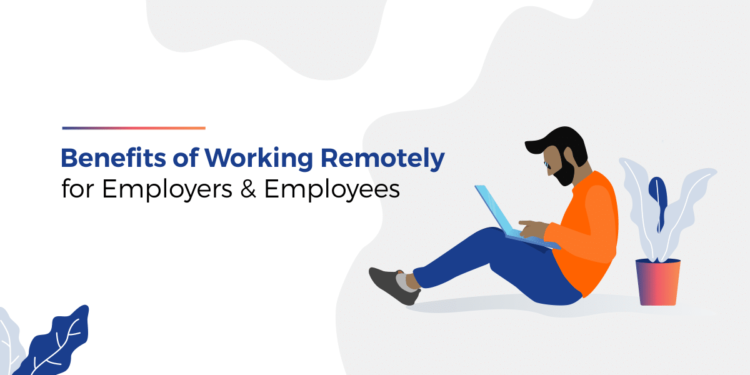Whenever the subject matter of working remotely crops up, professionals often rush into the assumption that it benefits employees more than employers or vice versa. However, in actual fact, working remotely has several benefits for both employers and employees. All that is needed is an understanding of how it works.
During the recent launch of the Jobberman Workplace Productivity Report, one of the questions that took centre stage when representatives of the media began asking questions centred around adoption. They were quite curious to know how Nigerian employers would adopt the trend of allowing their employees to work remotely.
A growing number of companies are fast adopting such concepts like remote working to boost employee productivity and efficiency. One such organisation is Andela; an African company that identifies and develops Africa’s most talented software developers. By working remotely, employees are allowed to get their work done outside the conventional workplace/office. Below are ways that working remotely benefits both employers and employees.
Benefits of Working Remotely to Employers
1. Increased Productive Workforce: Several reports have shown that employers of labour who promote the culture of working remotely witness an increased level of productivity in their workforce as opposed to organisations that don’t.
2. Engaged Workforce: An engaged workforce would lead to an improved level of happiness score among employees. It also decreases the company’s churn rate. What this means is that compared to other employers in your industry, you would find it easier to retain your best-hands on the team.
3. Reduced Overhead Costs: Your bottom-line is very important in running a successful organisation. Employers with much more remote workers usually have reduced cost on expenses like furniture and other miscellaneous spending.
Benefits of Working Remotely to Employees
1. Increased Wellness: If you do not have to spend 2-3 hours of commute to work and probably around the same time navigating your way back home from work, how well do you think this would impact on your wellness and health? These hours employees spend in traffic; especially in densely populated cities like Lagos can be used for activities like going for a run or exercising. This reduces stress and increases employee productivity.
2. Flexible Work Hours: You can take time off during the day to engage yourself with other things you are passionate about while you dedicate a more productive time of the day to getting your work done. Not having to deal with spending hours in traffic; commuting to work means you can wake up less earlier than employees who do not work remotely.
3. Increased Ownership: There are few things that teach increased ownership of your job as well as an employee working remotely. Your tasks are very clearly spelt out. When you accomplish them, you get all the accolades you deserve. However, when you fail to meet up to expectations and deadlines, you will equally be held responsible. Working remotely ensures you find a way to get your work done in order to earn your pay.
In conclusion, working remotely makes both organisations and employees work smarter and become more productive. It ensures that everyone on either side of the divide; both employers or employees take on smart ways of doing things, being more agile, increasing productivity as well as achieving and surpassing set goals.
What other ways do you think working remotely benefits you? Share your thoughts with us below?
Get access to the best and brightest talent from Nigeria’s largest talent pool.










